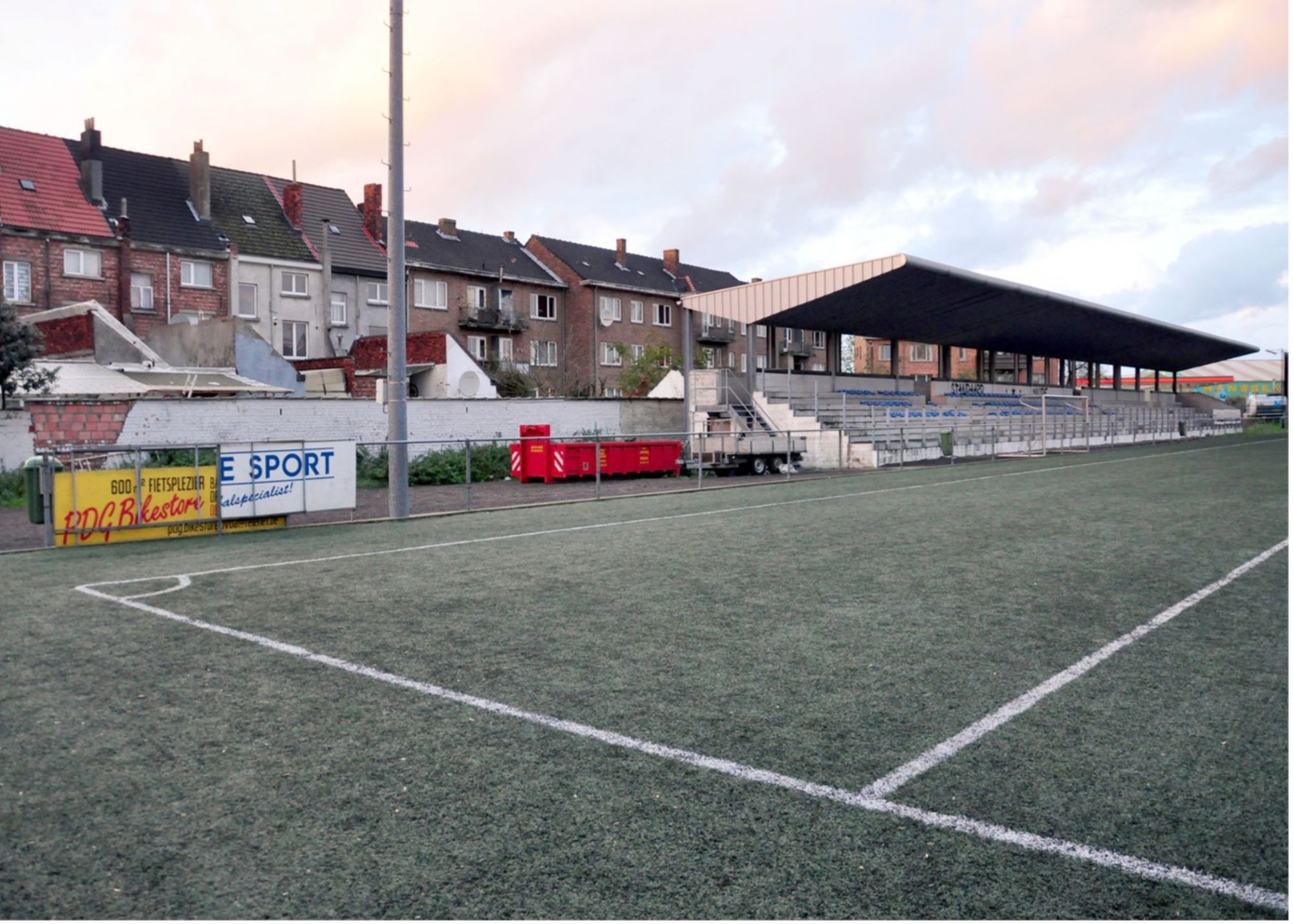Together with the City of Ghent, we are setting up a local Living Lab that aims to accelerate the transition of the Muide Meulestede neighbourhood to a fossil-free district. How can we get every house and every neighbourhood renovated and connected to a sustainable energy system in an affordable and fast way? Over the next two years, we will work on an applied, but above all scalable development model for the energy transition at neighbourhood level.

Today, many residents cannot imagine deeply renovating their homes and providing them with sustainable heat. They cannot afford it, or they do not have the time and capacity. Despite government commitments to invest in support measures, tax breaks and subsidies, the energy transition is still taking place far too slow today, especially in the most vulnerable parts of our cities. In these same neighbourhoods, we often miss opportunities to implement decentralised, integrated energy projects, such as large-scale solar roofs or geothermal boreholes with thermal storage, because the focus is only on central heating networks or individual heat pumps. In these energy projects, the collective switch to sustainable energy production through shared energy systems is the incentive for renovating of individual houses. Together with the City of Ghent, we will explore in the coming years whether and how such integrated energy projects can make the energy transition inclusive and accelerate it.
More specifically? For example, the local sports club wants to build a new training pitch. During the reconstruction, the City of Ghent will install geothermal probes under the pitch and build a local heating network. The sports club is not the only one that can connect to the BTES field (Borehole Thermal Energy Storage) and meet its own energy needs. In the future, the surrounding individual homes will also be able to connect to the local heating network once they have undergone the necessary renovations. This will also improve the quality of their homes. In the Living Lab, we are developing a concrete step-by-step plan to coordinate these interrelated actions. We are setting up a (joint) organisational, financing and management model to provide residents and other local stakeholders with an integrated, ready-to-go heat and renovation offer. The intention is to do this in such a way that allows not only for this pilot to be realised, but for a model to be developed that sets the ball rolling in the entire neighbourhood.
In Muide Meulestede, we will set up three concrete pilot projects over the next two years. Each of them is a test of a new type of project. Each project with different thresholds and breakthroughs. These pilot projects are part of a neighbourhood-wide approach. They are locally multiplying stepping stones that add up to the step-by-step transformation of Muide Meulestede into a fossil-free neighbourhood. The pilot projects frame within the local dynamics of the ongoing urban renewal project, reinforced by a complementary programme with specific focus on local social objectives, local ownership and capacity building. The aim is for the further transformation of the neighbourhood to be taken up locally, even after the Living Lab ends.
From the Living Lab, we are also contributing to an international learning environment as part of Flanders Technology & Innovation (FTI) and one of the five city festivals in Hasselt from 17 to 21 March 2024 that focuses on the future of the city, under the title 'People making places'. We will thus translate the lessons, models and methodologies from the Living Lab into a scalable approach that can be applied in other neighbourhoods in Ghent and Flanders.
The Living Lab is supported by a unique cross-sectoral and multidisciplinary consortium of public, private and civil partners t’at’s rigging together an effective and integrated chain approach to energy transition with government, energy companies, financiers and citizens.
Architecture Workroom Brussels and partners receive financial support for the Living Lab from the City of Ghent, Porticus Foundation, Flanders Technology & Innovation / VITO and the from the Flemish Arts Decree through our operating grants.